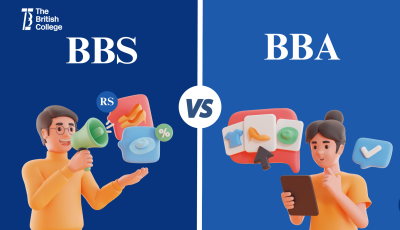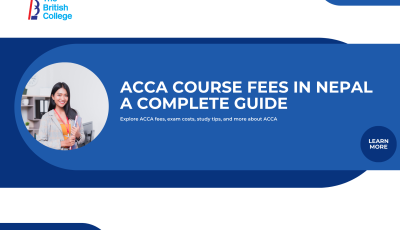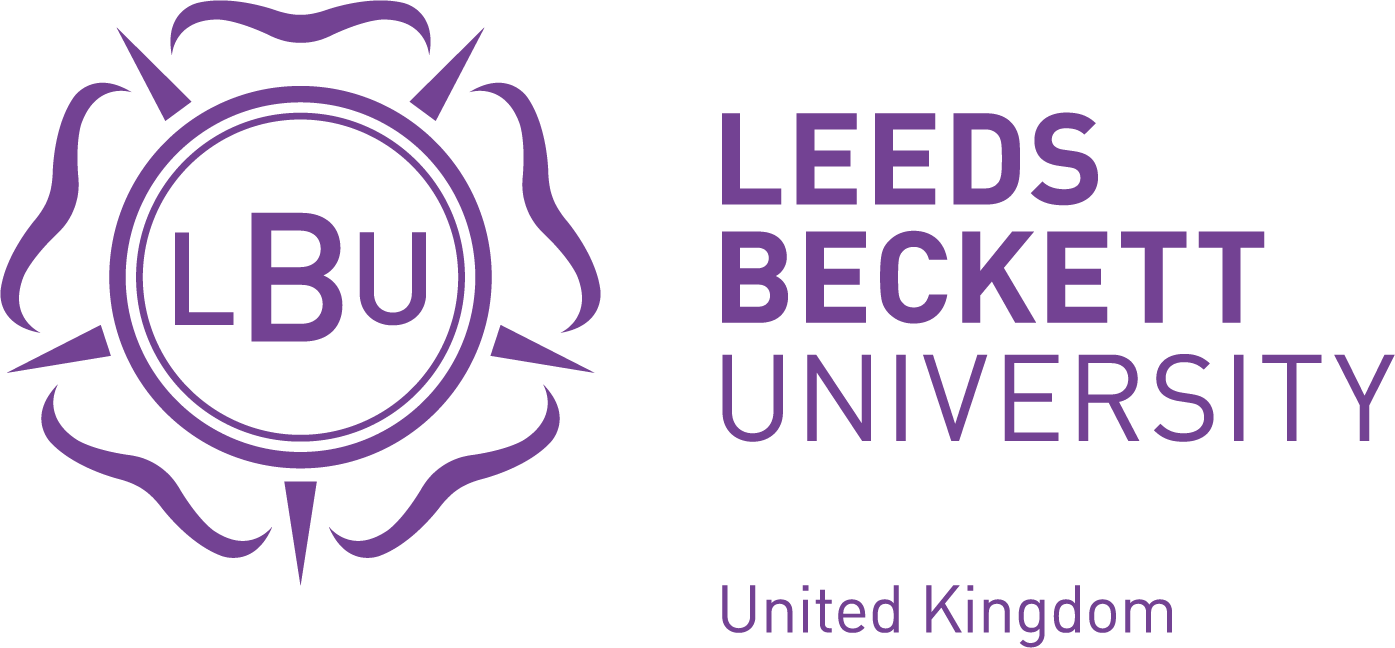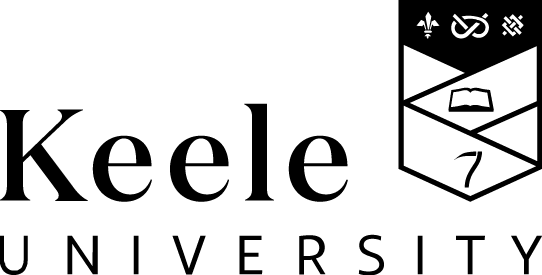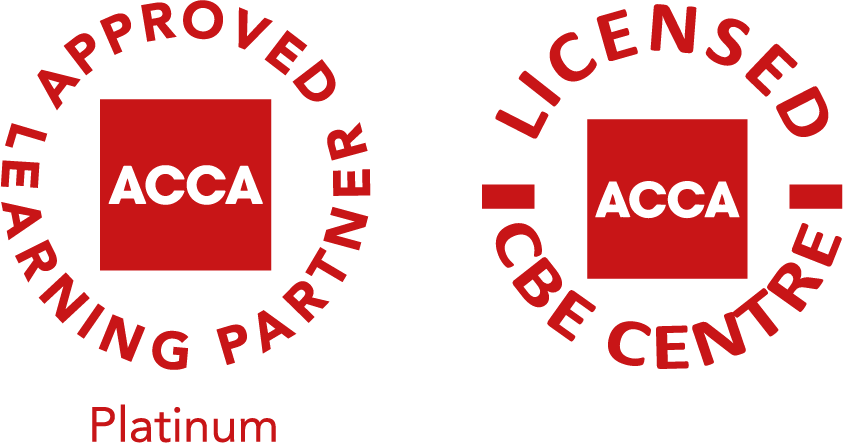BBA or ACCA
.png)
A Degree or a Certificate?
BBA: Degree
The BBA (Hons) Business and Management degree is multidisciplinary in nature and can lead to many possible career options, whether in the private or public sector. The BBA course provides a holistic view of business management while aiming to help students to develop detailed knowledge of the latest business and management practices. The course’s interactive teaching and learning methodologies aim to enlighten students with the practical competencies necessary for achieving business success.
ACCA: Certificate
ACCA stands for the Association of Chartered Certified Accountants. After completion of the course, students are provided with a certificate. There are a total of 13 ACCA papers, and after passing them all, students will become Qualified Chartered Accountants. This global body for professional accountants opens doors to interesting roles all over the world and is ideal for students who are looking to pursue a rewarding career in accountancy, management, or finance. This qualification is designed to teach students the accounting knowledge, skills, and professional values they need to build a successful career across any sector.
Both of the domains can opt-in after the completion of 12 years of education.
Duration of Completion
The ACCA takes slightly longer to complete than an average certificate. The course itself takes 3 years and a further 2-3 years of additional training is required after completion - meaning the total time is approximately 6 years.
The BBA is a four year Bachelor’s Degree. The course is divided into 8 semesters and most students go on to study the MBA, to further their studies and increase their specialisation for enhanced job opportunities.
Equivalent Degrees
The ACCA is equivalent to a postgraduate Master’s degree.
The BBA however is an undergraduate Bachelor’s degree ( equivalent to 16 years of education). On completion of the BBA, successful students will then have the required qualification to be able to progress to the MBA, which is a postgraduate Master’s degree.
Career Prospects
On successful completion of the BBA, students will have the skills and qualifications the need to develop a career in a range of fields, including but not limited: Human Resources, Administration, Marketing, Finance, Public Relations and Customer Relations.
Upon completion of the ACCA qualification, many students go on to work in a number of fields including Auditing, Tax Consulting, Financial Control, Management Accountancy, Treasury Consultancy, and Business Analysis. Alternatively, graduates have the opportunity to enter into the field of entrepreneurship in any sector, in any company, anywhere in the world.
Which is easier?
As the ACCA is equivalent to a postgraduate masters degree, it is a higher level than the BBA and as such is a more demanding course that requires a higher level of expertise.
Cost
There is no set cost for either the BBA or the ACCA.
The fee structure for the BBA varies between universities, depending on whether they are public or private.
The ACCA also varies in cost, however, it can be expensive, as, on top of their tuition and exam fees, students are required to pay a registration fee (both for the institution and ACCA).


